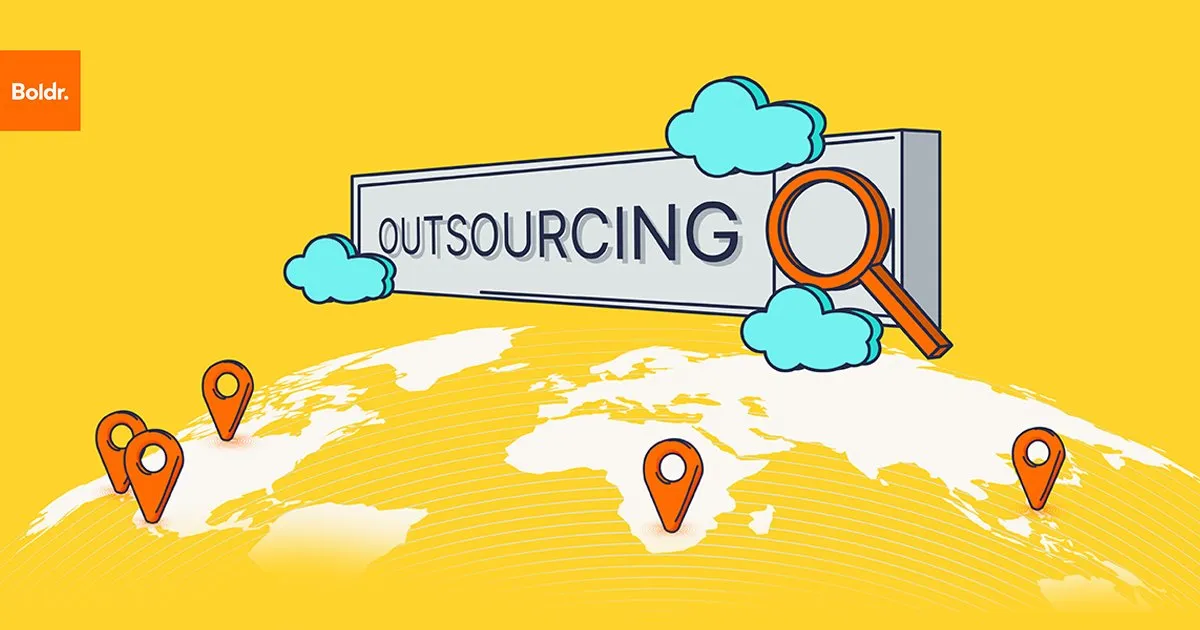The season is nearly upon us. If you find yourself in the e-commerce or business process outsourcing (BPO) space, seasonal ramp-ups have either started or are about to start with a force. With Black Friday, Cyber Monday and Xmas practically around the corner, retailers are scrambling to get structures in place to ease the flow of business and to avoid a season of obstacles. While inescapable, it is also imperative that you dedicate enough time to strategize for the increased trade.
What are seasonal ramps? And why are they important?
This is the time of the year when companies who rely heavily on seasonal trading peaks, like e-retailers or those in the material goods and hospitality industries, must scale their business processes to accommodate for an increase in traffic, sales, or customer engagements. For most businesses, the 8 – 12 week period around the end-of-year holidays generates a return that is equal to (or close to) what they generate for the rest of their financial year. It also dictates their goal-setting and KPIs for the following year. Amazon, for instance, just did an exhaustive employment drive to fill 150,000 positions in the US to bolster its operations network for the 2022 holiday season.
Of course, season here does not refer exclusively to end-of-year holidays or BF/CM. Rapid expansion, specific public holidays or investment growth phases form part of the discussion here. UrbanStems, a modern floral gifting company with an added Uber-esque flower delivery service, went through a notable learning curve on Valentine’s Day, which happens to be one of their most rewarding days of the year. While it is inevitable that problems will arise during any spike in trade, a well-executed ramp-up strategy can limit exposure when the best laid plans go awry.
A merry problem of an unhappy customer
We’ve partnered with clients during different phases of seasonal trade preparations. In the process, we encountered numerous aspects or problem areas that are often overlooked in the early stages. Here are three of the more common seasonal issues:
Poor customer experience
CX is undoubtedly the greatest source of concern for season prep. Customers provide businesses with a steady cash flow, generate traffic on their platforms, or offer some other form of tangible revenue. However, they are not simply the life force of your business. They also invite your brand into their lives, regardless of what time of the year their browser (or your Google Ads) guides them into your online store.
With phone lines backed up and agents getting frustrated as logged calls triple in volume, it’s easy for a customer to get lost in the seasonal maze. A dropped call, an unanswered email, a discarded complaint, a neglected rant on social media, or the dreaded order cancellation. No matter what form it takes, hell hath no fury like an unattended customer, especially when they were hoping to lay hands on a BF/CM promo.
Stock levels, logistics, and deliveries
When the supply chain is under pressure, it creates a whole mess of problems in other departments. It’s always good to see items flying off the shelves, but equally troubling to see stock levels dissipate with customers still queueing up. Online trading is no different. If you hadn’t planned properly, you could find yourself without merchandise to sell or without an infrastructure to facilitate or supply your services. Working with the wrong logistics partner, who will be tasked to get the goods to the customers, could also muck up the customer experience.
Temporary compromises
The intense focus to achieve financial goals is at the forefront of many planning or strategy sessions. However, it can inadvertently overshadow social and environmental goals, at least for that brief holiday period. Where the business impact is an integral cog in the inner workings of a company, it could put a strain on internal resources to ensure compliance with their impact mission. These temporary compromises cannot always be justified by a structured postseason return to a company’s responsibilities and commitments. Instead, a selective outsourcing process could provide an alternative solution.
Outsourcing can turn your Black Friday into a golden goose
It takes a lot of planning to scale a business for any spike in trade, only to suffer a postseason return to normalcy. Passing off the mundane, costly, or labor-intensive tasks to someone else, could free up your workforce so they can focus on the things that make your company great. The idea of roping in a third party to provide supplementary support might just be the answer to your problems.
Partnering with a business process outsourcing (BPO) company can alleviate most of the planning woes, especially when it comes to IT technical support, customer support to field queries and solve complaints, or logistical support to facilitate orders and deliveries. Here is a case study of how outsourcing supplemented the UrbanStems team.
You will always have the added advantage of choosing an ethical outsourcing company that will adopt your mission and vision. A partner with a conscience can embrace and action your values towards making a positive change – even when you are unable to do so. This enables your teams to focus on making the most of the increase in trade, which will ultimately increase the health of the business. This sounds like outsourcing your good deeds, but it simply means that another company is supplementing your social or environmental impact strategy.
As a certified B-Corp company, Boldr is mandated to adhere to our impact philosophy regardless of season or other holiday trade peaks. This gives our clients the peace of mind that we remain vigilant in our community support initiatives throughout the year, with an emphasis on transparency on our processes and procedures. If you are on the cusp of doing seasonal planning, give us a shout.
James Fouche is a Content Writer at Boldr, an author and a columnist. He is passionate about sharing his love of reading and writing with others.


